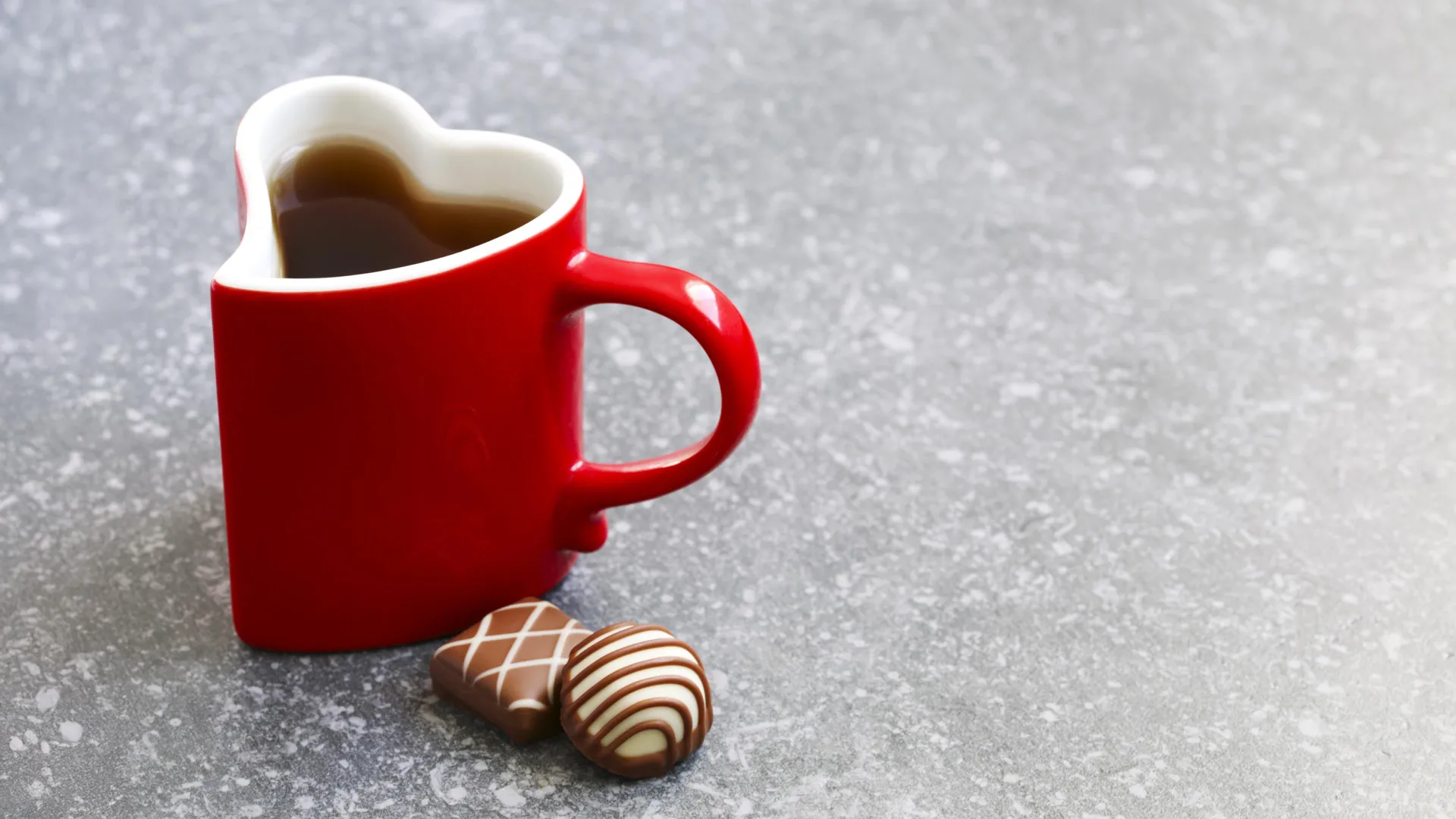New research from the University of Birmingham indicates that consuming foods rich in flavanols, such as cocoa and tea, can help protect against the detrimental effects of prolonged sitting on vascular health. The study highlights that even physically fit individuals may not be shielded from the decline in blood vessel function unless they have consumed flavanol-rich foods beforehand.
Sedentary behavior is prevalent in contemporary life, with young adults averaging around six hours per day in a seated position. This extended sitting has been linked to a decrease in vascular function, which is critical for heart health. Previous studies have shown that a mere 1% drop in vascular function can correlate with a 13% increase in the risk of serious cardiovascular issues, including heart disease and stroke.
Understanding Flavanols and Their Impact
Flavanols are polyphenolic compounds found in various foods, including fruits, nuts, tea, and cocoa beans. They have garnered attention for their potential cardiovascular benefits, particularly in supporting vascular health during stress. The latest findings, published in the Journal of Physiology, reinforce this notion.
Dr. Catarina Rendeiro, Assistant Professor in Nutritional Sciences at the University of Birmingham and lead author of the study, noted the ubiquity of sedentary behavior in daily life. She stated, “Finding ways to mitigate the impact that sitting for uninterrupted periods has on our vascular system could help us cut the risk of developing cardiovascular diseases.”
The rising incidence of cardiovascular disease is alarming. According to the British Heart Foundation, deaths among working-aged adults in the UK rose by 18% to 21,975 in 2023 compared to 2019. The economic burden of cardiovascular diseases in the UK is estimated at £29 billion annually.
Research Findings on Flavanols and Vascular Health
To investigate whether flavanols can counteract the negative effects of sitting, researchers conducted an experiment with 40 healthy young men, divided into groups based on their fitness levels. Participants consumed either a high-flavanol cocoa drink, containing 695 mg of flavanols, or a low-flavanol counterpart with only 5.6 mg. The study did not include women, as hormonal fluctuations may affect flavanol metabolism.
Vascular health indicators were measured before and after a two-hour sitting period. The results revealed that participants consuming the low-flavanol drink experienced declines in blood vessel function, evidenced by reduced brachial flow-mediated dilatation (FMD) and increases in diastolic blood pressure. Conversely, those who consumed the high-flavanol drink maintained their vascular function during the sitting period.
Dr. Sam Lucas, Professor of Cerebrovascular, Exercise & Environmental Physiology at the university and co-author of the study, emphasized that higher fitness levels alone do not prevent vascular impairment from prolonged sitting. He stated, “Importantly, after the high-flavanol drink, both fitter and less-fit participants kept their FMD the same as it was before sitting for two hours.”
The study marks a significant advancement in understanding how flavanols impact vascular health, suggesting that these compounds may offer protective benefits regardless of an individual’s fitness level.
Incorporating Flavanol-Rich Foods into Diet
A PhD student involved in the research, Alessio Daniele, noted the accessibility of high-flavanol foods. “There are cocoa products available in supermarkets and health stores which are processed through methods that preserve flavanol levels,” he stated. He encouraged incorporating everyday items such as apples, plums, berries, nuts, and various teas into daily diets.
Dr. Rendeiro concluded, “Our research shows that consuming high-flavanol foods and drinks during periods spent sitting down is a good way to reduce some of the impact of inactivity on the vascular system.” This insight is particularly relevant in an era where sedentary lifestyles are increasingly common. By combining flavanol-rich foods with short breaks for walking or standing, individuals can enhance their long-term vascular health, regardless of their fitness levels.
